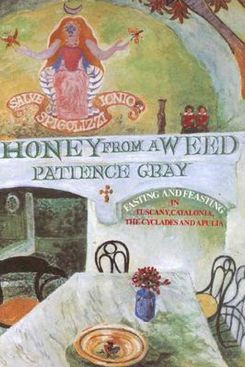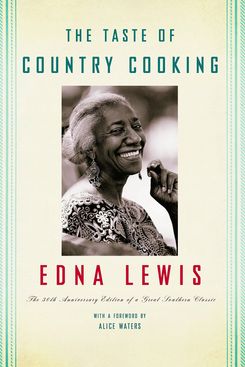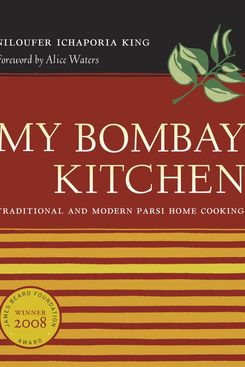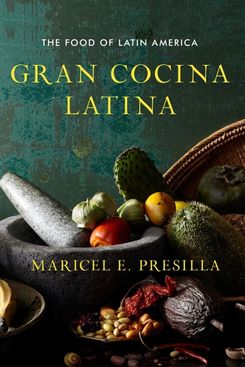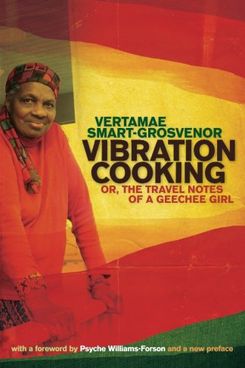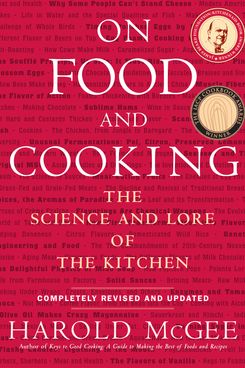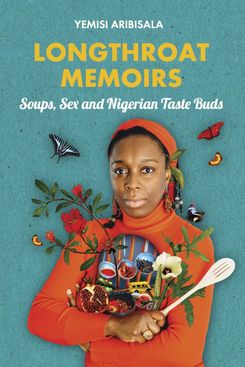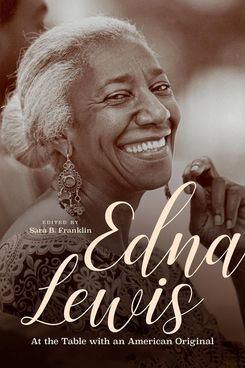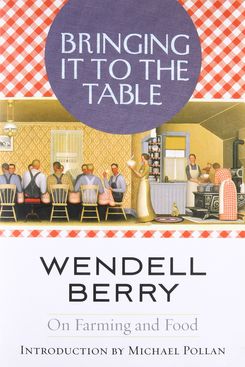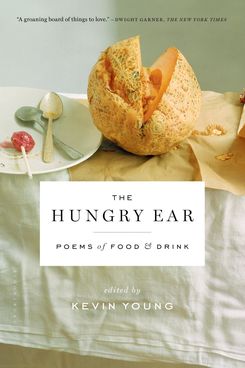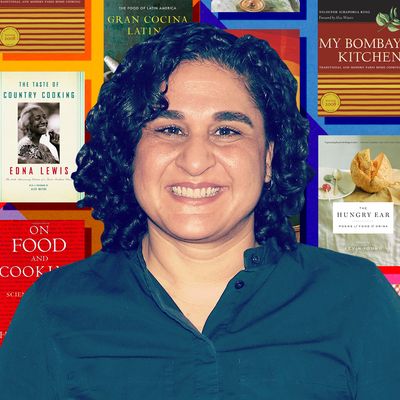
Bookseller One Grand Books has asked celebrities to name the ten titles they’d take to a desert island, and they’ve shared the results with Vulture. Below is Salt Fat Acid Heat author and host Samin Nosrat’s list.
This was the first cookbook I ever saw, let alone read, that strayed from the usual format. Ms. Gray followed her husband, a 20-century sculptor, on the hunt for marble in often remote locations throughout the Mediterranean. Written with humor, elegance and grace, it’s a culinary catalogue of a journey and a kind of cooking that’s the “result of a balance struck between frugality and liberality.” This is a cookbook to read in bed.
I love Miss Lewis’s intimate, evocative writing about growing up on a farm in Freetown, Virginia. The true — and generally uncredited — progenitor of farm-to-table eating in this country, Miss Lewis is a legend, and all American cooks should get to know her writing and her recipes.
The night the cooks look forward to most each year at Chez Panisse (and perhaps diners, too), is Parsi New Year, when Niloufer Ichaporia King takes the helm of the kitchen. Parsi cooking is exquisite, existing at the intersection of Indian and Persian, and I can never get enough of Niloufer’s recipes (I adore her Parsi deviled eggs).
This extraordinary masterwork could only have been written by someone with an academic’s patience and sense of history and tradition. Vastly detailed and rich with anthropological, historical, and cultural information, I refer to this book first anytime I want to learn or better understand anything about Latin cuisine.
There’s never been anyone like Vertamae Smart-Grosvenor, and there never will be. She is such an important source of inspiration for me, reluctant recipe writer and follower that I am. She’s spicy, saucy, sassy, and silly, and her voice entirely her own: “When I cook, I never measure or weigh anything,” she wrote. “I cook by vibration. I can tell by the look and smell of it. Most of the ingredients in this book are approximate. Some of the recipes that people gave me list the amounts, but for my part, I just do it by vibration. Different strokes for different folks. Do your thing your way.”
This explains everything. Literally. I am so grateful to McGee for his tirelessness, his patience, and his commitment to answering the whys of the kitchen.
Most everything I know about Nigerian cooking, I’ve learned from Ms. Aribisala, the nation’s finest culinary writer. She writes with emotion, grace, and good humor about pop culture, history, geography, art and economics, all through her very personal stories of food and sex.
Most Americans have never heard of African-American chef and cookbook author Edna Lewis. Despite her importance — she inspired culinary luminaries such as Alice Waters, MFK Fisher, and James Beard, and is considered the progenitor of the farm-to-table movement — Lewis never became a household name. Though Miss Lewis’s contributions to the food culture of this nation far surpassed those of many of her white contemporaries, she and her work have actively been forgotten. This book is vital, introducing a new generation of readers and eaters to the deeply important life and legacy of Miss Lewis.
I always turn to Wendell Berry for inspiration on food, community, agriculture, and well, just being a human. His work has influenced so many of my own mentors that I feel like he’s my own teacher. This is one of my favorite collections of his.
I thumb through this collection of poems every time I need a little inspiration, whether in my writing or my cooking.


